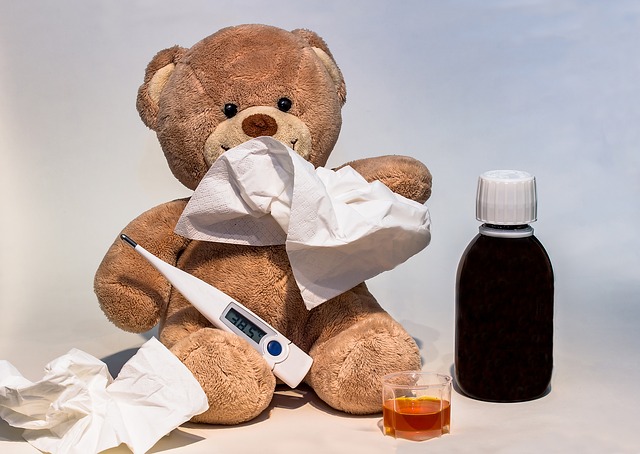
TYPHOID
Since the monsoons are still not over, there are number of diseases surrounding us. The most common being Typhoid.
Let’s find out what is exactly typhoid. Typhoid is a type of bacterial infection caused by bacteria S.typhi or S. paratyphi. These are deposited on the water by the carrier and easily transferred to other humans through contaminated water and food. It can be treated but it can also be fatal if not treated on time. If we talk about the symptoms, high fever with headache, cold and cough, stomache with constipation or diarrhoea are common. If caught early it can be easily treated. However, if ignored or not treated on time, One out of five die in such cases.
Prevention
1. Wash your hands thoroughly & frequently using handwash or paper soap.
2. Carry hand sanitizer always with you & apply it often.
3. Try skip eating raw vegetables or uncooked food.
4. Avoid preparing or serving food to other people to lower the chance of spreading infections.
5. Eat foods when it’s hot & fresh.
6. Do not drink untreated water. Drink bottled/purified/boiled water. Carry your own bottle at work.
7. Avoid fat-rich foods like butter, ghee, oily stuff.
8. If you are medications, continue taking prescribed antibiotics & other medicines until the doctor asks you to stop. Get vaccinated if needed.
9. Includes a lot of liquids to the diet like, water, fresh fruit juices, soups, ragi malt, buttermilk, etc.
The diet to be taken in typhoid fever is: Boiled and bland food is recommended for easy digestion.
• High complex carbohydrates – Rice, roti, brown bread, jawar, ragi, bajra, cereals (corn flakes, oats, muesli, etc.)
• Good quality proteins – Fish, chicken, soy, tofu, paneer, lentil/dal (masoor, moong, beans, rajma, etc.)
• Vegetables – Potato, carrot, beetroot, bottle gourd, ridge gourd, raw papaya, etc.
• Fruits– Apple, pomegranate, banana, citrus fruits, seasonal berries, etc
• Nuts and seeds- Almonds, pistachio, walnuts, pumpkin seed, melon seed, chia seeds (soaked form)
Usually dietitians recommend high carbohydrate, moderate protein low fat diet with plenty of fluids during the treatment. But it is better to continue taking such diet for at least a month to give rest and strength to your organs. Before starting your workout schedule seek advice from your doctor. Also consult your dietitian before you begin your normal eating habits after your treatment course is over.
If you still have any further clarification please feel free to ask our dietitians at www.dietvita.com or call and whatsapp at 7995229025.
Enjoy the monsoons and stay healthy.




